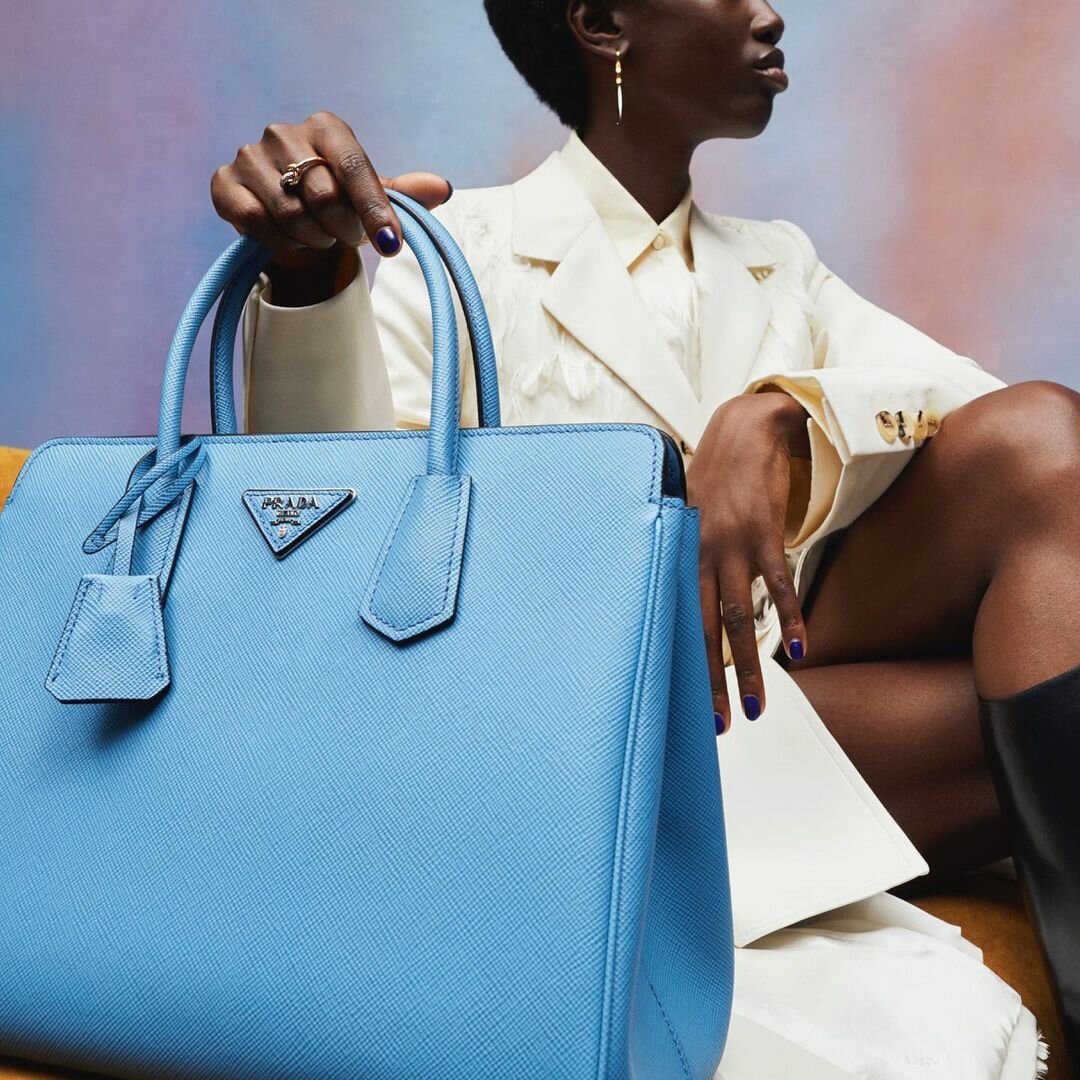Farfetch Joined Tmall, Here's Why It’s a Big Deal
March marked a big step for luxury online retailer Farfetch, who debuted their digital store on Tmall's Luxury Pavilion. But just who are all these global retail players, and how will this partnership impact the fashion industry?
Farfetch, headquartered in London, is a leading global platform within the luxury fashion industry. The company was founded in 2007 by José Neves, a Portuguese entrepreneur and billionaire, and has since become the go-to marketplace for luxury shoppers worldwide. The e-commerce platform sells clothing, shoes, bags, watches and accessories from over 1,300 brands, boutiques and department stores from over 50 countries.
Image: @farfetch
Dominating the other side of the globe is Tmall, a Chinese online retailer owned by the Alibaba group. According to Analysys, in terms of gross merchandise value, “Tmall is the largest third-party online and mobile commerce platform for brands and retailers worldwide.” Luxury Pavilion launched in 2017 and is Tmall's exclusive invite-only luxury portal that features over 150 luxury brands, including Burberry, Valentino, Balmain and Bottega Veneta.
Image: @lptmall
So, what does this strategic partnership between these two global leaders mean?
For Chinese consumers, it means access to Farfetch's extensive range of brands, and for Farfetch, it means access to Tmall's 500 million plus customers. Some forecasters predict that Farfetch's active shoppers could reach as high as 30 million in the next five years with their recent expansion to China.
This partnership also comes at an opportune time, given the pandemic's impact on the luxury sector. According to a global luxury market report by Bain, "The global luxury market shrank by 23 per cent in 2020, however, mainland China's market share nearly doubled." China's growth is expected to continue, "putting the country on track to claim the biggest share of the global luxury market by 2025".
Image: @farfetch
But what has caused this uptick in luxury consumption in China alone? According to another Bain report, "a decrease in global travel in the wake of the early Covid-19 lockdowns prompted Chinese consumers to turn to national sources for their luxury purchases." With annual shopping trips abroad now cancelled, Chinese consumers have turned to domestic and online outlets to find their luxury fix. Another factor driving this is the cut in luxury import taxes which has helped shift from international to domestic spending.
China is unique in that millennials and Gen Z shoppers are fuelling growth in the luxury sector. According to Bain, young Chinese shoppers are making "their first purchase at the age of 20, they put greater emphasis on the 'pursuit of fashion,' and they prefer designers' editions." These groups are more tech-savvy than ever, so 2020 and the ensuing digitization has again worked in both party's favour, with the pandemic driving up "online luxury sale by about 150 percent."
Farfetch's launch on Tmall's Luxury Pavilion appears to be the tip of the iceberg of this lucrative partnership with both companies planning to "leverage their platforms and augmented retail technologies to accelerate the digitization of the luxury industry." Watch this space.
The future of fashion is going digital. See how your favourite designers are entering a world of virtual reality.

















Everyone loves a collab.